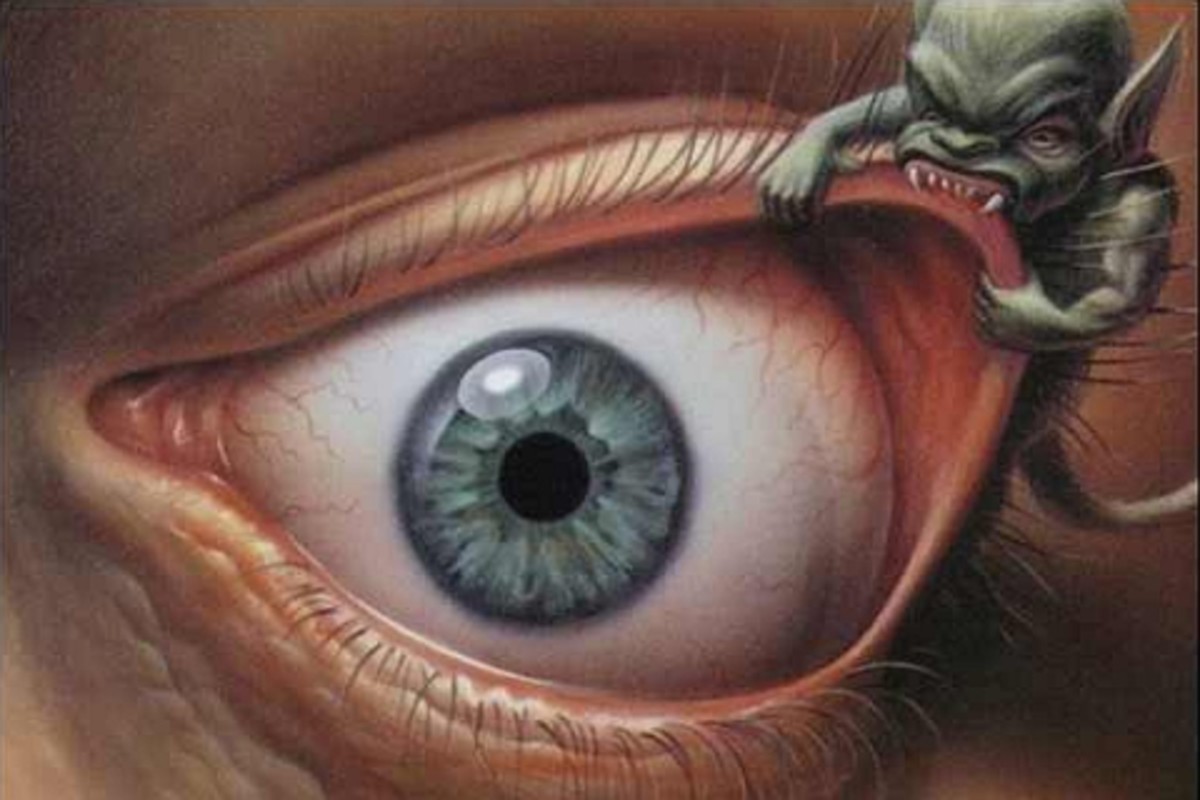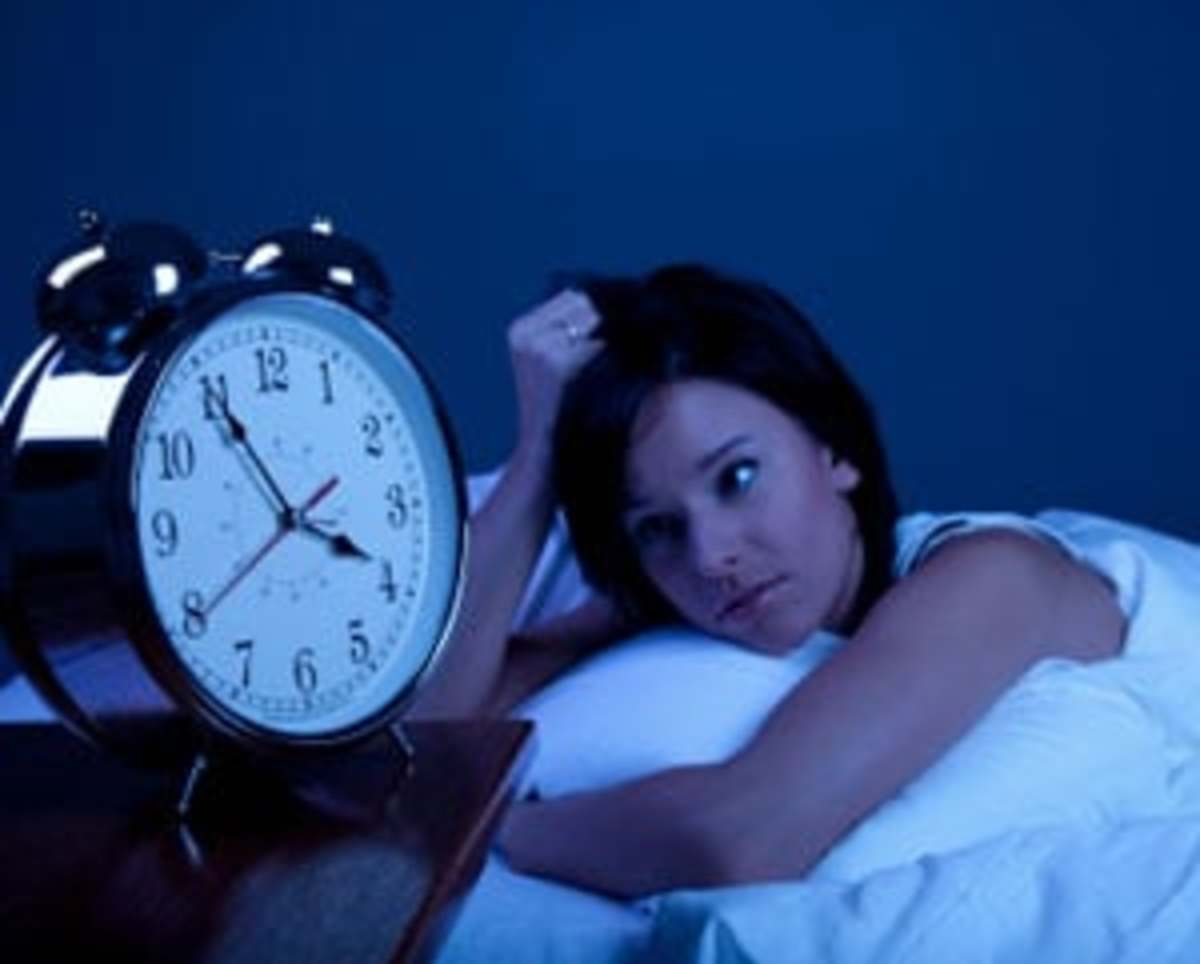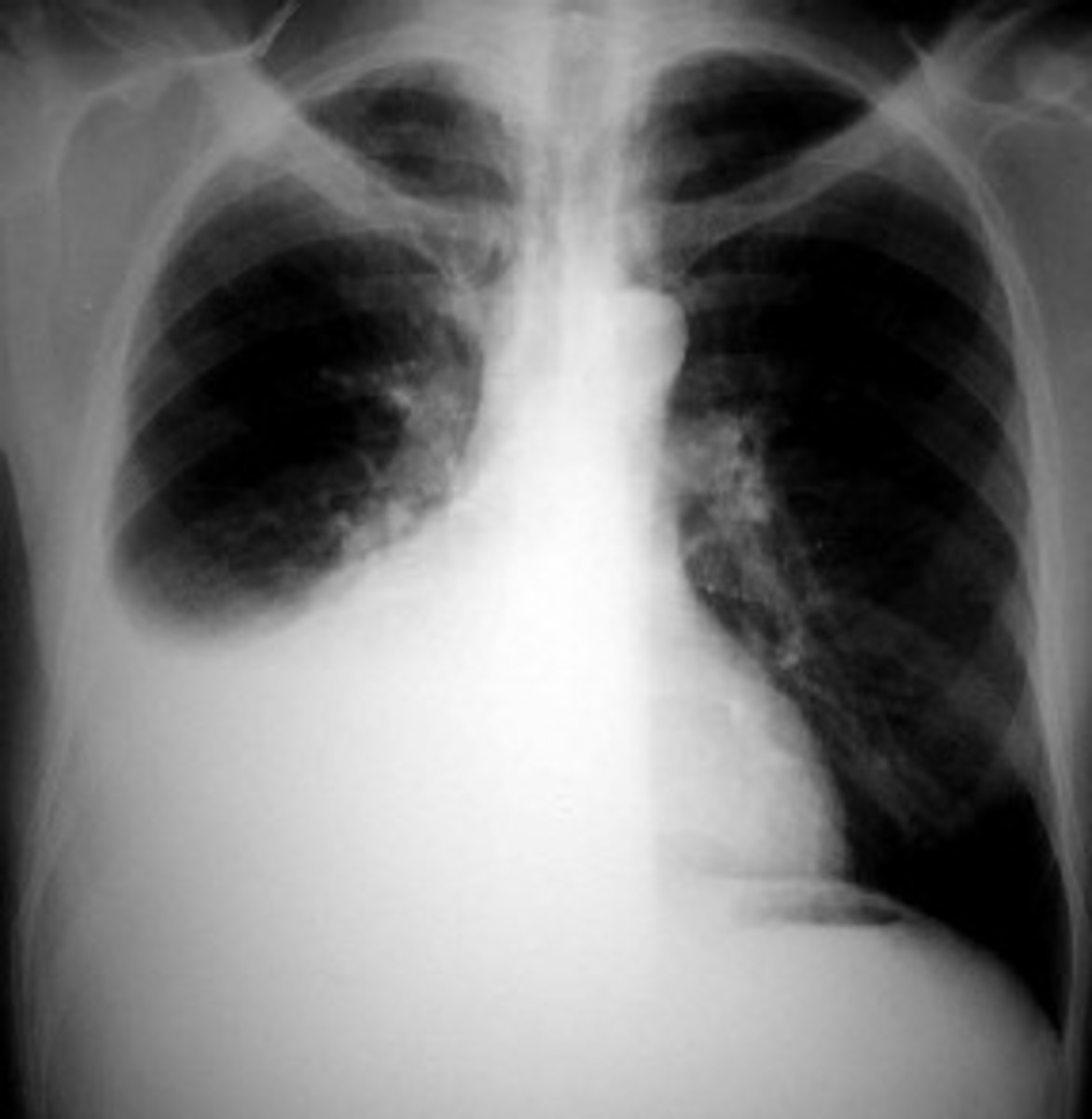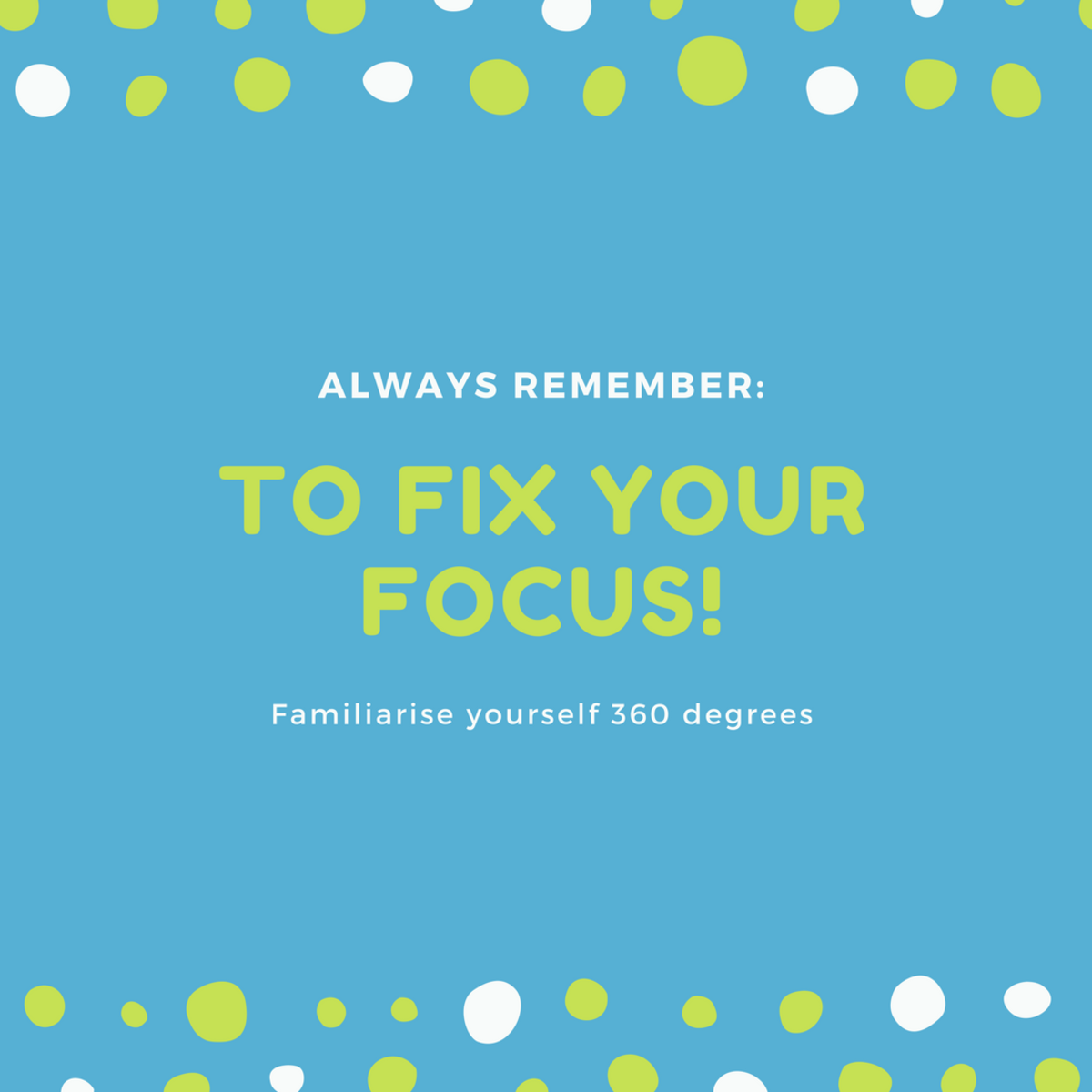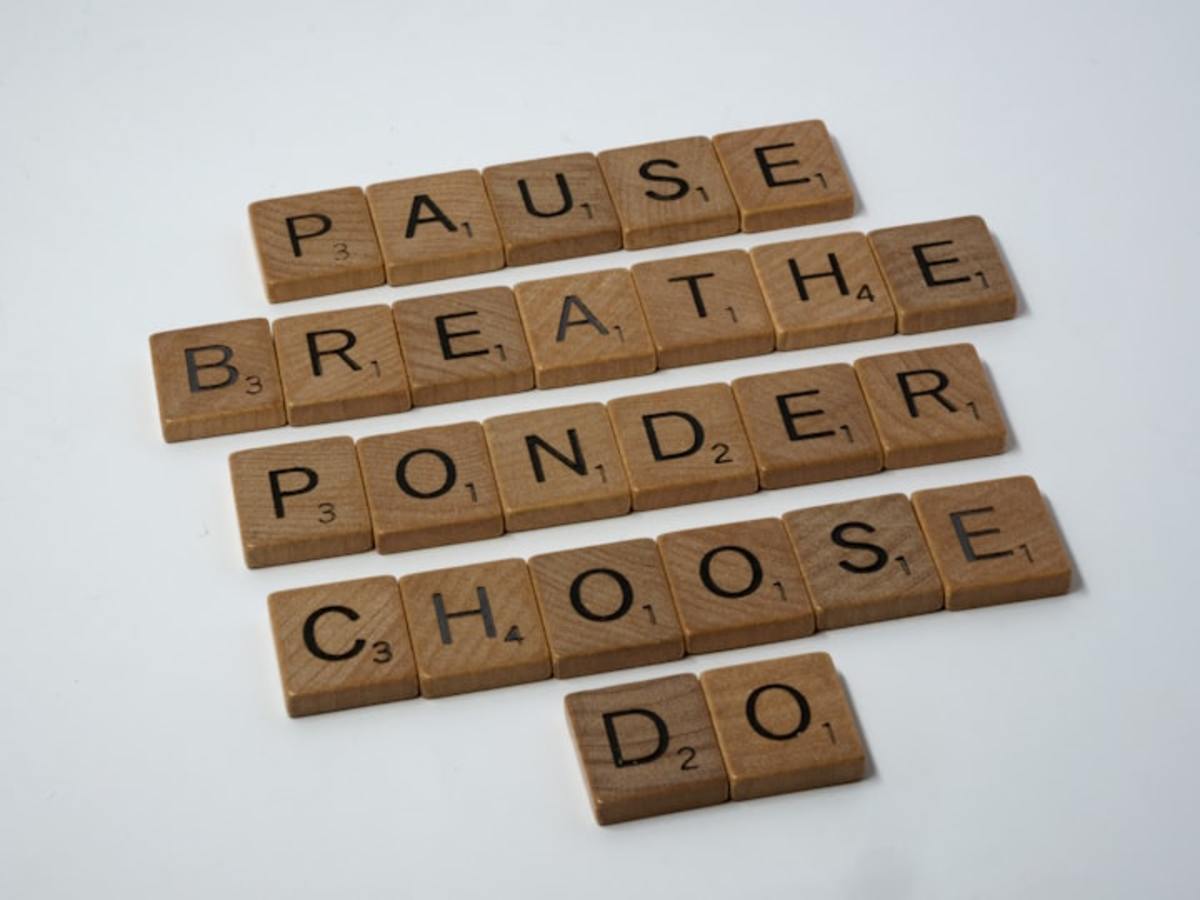- HubPages»
- Health»
- Mental Health»
- Mental Health Self-Help
Insomnia Self Help
There is nothing as tormenting as a sleepless night. A day on empty stomach is bearable but an ‘empty’ night is too difficult an ordeal. The world sleeps while you are awake rambling in the desolate mortuary of your mind.
Everyone experiences sleepless nights sometimes but chronic insomnia is an extremely painful and debilitating condition which afflicts some hapless people. With life becoming more stressful and productivity is the sole purpose of society, number of people experiencing sleep disturbance is increasing.
Insomnia frequently co-occurs with another psychiatric disorder. Chronic insomnia is mostly secondary in nature and is a symptom of some other mental ailment or disorder; once that hidden ailment is diagnosed and cured, insomnia disappears too. Stress, anxiety and even mild depression too can cause insomnia and so most adults experience insomniac bouts occasionally. Increasing reports of sleep deprivation and increase in consumption of sleeping pills have gained attention of medical practitioners and therapists around the globe.
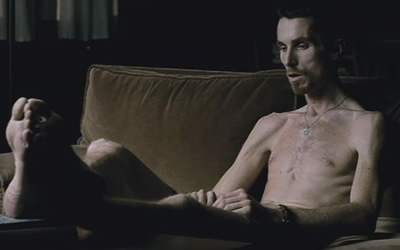
How to ascertain someone is suffering from chronic insomnia
Chronic insomnia is a medical condition and it first needs to be diagnosed before resorting to any treatment or sleep aids. If one experiences a few intermittent sleepless nights, there is no need to panic; a stressed-out day or a squabble with a colleague or close one will very likely drive away your sleep.
Following are the criteria helpful for diagnosing insomnia:
-
Difficulty falling asleep
-
No problem in falling asleep but the person wakes up only after few hours
-
Sleeping and waking up many times during the night
-
One sleeps for a normal period of time but after waking up reports shallow sleep or absence of restorative sleep
-
His sleep problem is causing him much distress and he finds it has hampered his efficiency and has caused doing work highly stressful.
-
The person has been encountering any of the problems stated above for a period of at least one month
It is important to note however that in self-diagnosing, the person can misdiagnose and rather than helping himself he can exacerbate the problem. These facts must be taken into account before starting self-help.
Treatment of Insomnia
In recent years numerous researches on sleep disorders and sleep in general have helped develop effective CBT (Cognitive Behavioral Therapy) techniques for treating insomnia. Hypnotics (commonly known as sleeping pills) and anxiolytics are avoided and if necessary they are usually administered for a maximum period of 4 weeks as the body develops tolerance of them and if extended they can become addictive.
Common sleep medicines
Medication must always be the last resort. Sleep medications commonly administered are Benzodiazepines and Zolpidem. Some tricyclic antidepressants such as Amitriptyline have been also found to help induce sleep though, although their efficacy varies for different individuals and it can even drive away sleep of some people rather than inducing it.

Psychological treatment and self-help
Maintaining sleep hygiene, practicing relaxation techniques, and using some cognitive behavioral tools certainly help fighting sleep deprivation. A person himself can try the following techniques and recommendations to combat insomnia:
-
Stimulus Control
Stimulus control is following sleep hygiene - certain instructions that need to be taken care of:
-
-
-
Use the bedroom only for sex and sleep
-
Go to bed only when sleepy, but if sleep is still elusive after waiting for quite some time, go to bed
-
Avoid napping and sleeping during the day
-
Get out of bed when unable to fall asleep after spending about half an hour in bed
-
-
Do some ritual before going to bed every night, like taking a warm bath or listening some soothing music. It serves as cue for the mind to get ready for sleep and cues have been found to be highly effective in forming a habit.
-
Sleep Restriction
Start with marking a time to go to bed and leaving the bed. Start with a 5 hour sleep time period, for example if you got to bed at 12 AM set alarm for 5 AM, and leave the bed after waking up even if you have not slept for three hours (or not at all in worst case scenario). Do it for a week and maintain sleep hygiene. Every week add 15 to 30 minutes to your wake up time and increase the sleep period gradually to 8 hours over several weeks. It requires some discipline and doggedness but following such sleep regimen really has shown to work wonders.
-
Relaxation exercise
Relaxation exercises calm down the nervous system and alleviates anxiety. The great thing about relaxation exercises is that they are easy and enjoyable.
Breathing Relaxation: Sit in a relaxed position in a chair but make it sure that your spine is upright. Take a deep breath slowly; hold it a while (count to 3), and exhale slowly. Doing it for 5 minutes daily will make you feel calm and relaxed.
Progressive Muscle Relaxation: It is very enjoyable and calms down the body and the mind by driving away anxiety and tension. PMR employs tightening of body muscle by clenching it and letting it go loose. Start from your eyes and progress down to your heels. There are some great videos on YouTube on guided PMR.
It feels great doing PMR and it feels like a bead necklace of tension snaps and all the beads of tension drop down and scatter. The feeling is extremely liberating.
-
Mindfulness
Mindfulness is a meditation technique derived from an ancient Buddhist meditation called vippassana. It is now part of psychological therapies offered to people suffering from depression, anxiety, and other disorders. Effectiveness of mindfulness has been affirmed by numerous research studies and it has been found to be particularly helpful in preventing recurrence of depression. It is not necessary to sit for hours, only five to ten minute of daily mindfulness is sufficient, however benefits of doing mindfulness start showing after few weeks, so it demands patience and regular practice initially.
- Mindfulness - an ancient meditation technique and an approved medicine
Mindfulness is an ancient meditation technique whose effectiveness has been verified. Psychologists prescribe mindfulness to help in alleviating stress and depression. Mindfulness is a therapy.
Taking care of sleep hygiene and practicing other self-help techniques usually reinstates the normal sleep pattern. If your insomnia don’t go away after trying all these, it is an obstinate one or there is some primary problem behind it which needs to be treated first.
Most of the people who enjoy sleep and rather consider their sleepiness as something counter-productive, find it difficult to believe that anyone can lose his sleep. They refute it as a result of some bad habit or even if they acknowledge its possibility, they attribute it to a bad life style and nothing else. The truth is that an insomniac, while being awake at night, don’t know how to move from one moment to the next moment, the night seems a long difficult journey. He is terrified that how many more sleepless nights he will have to go through.

